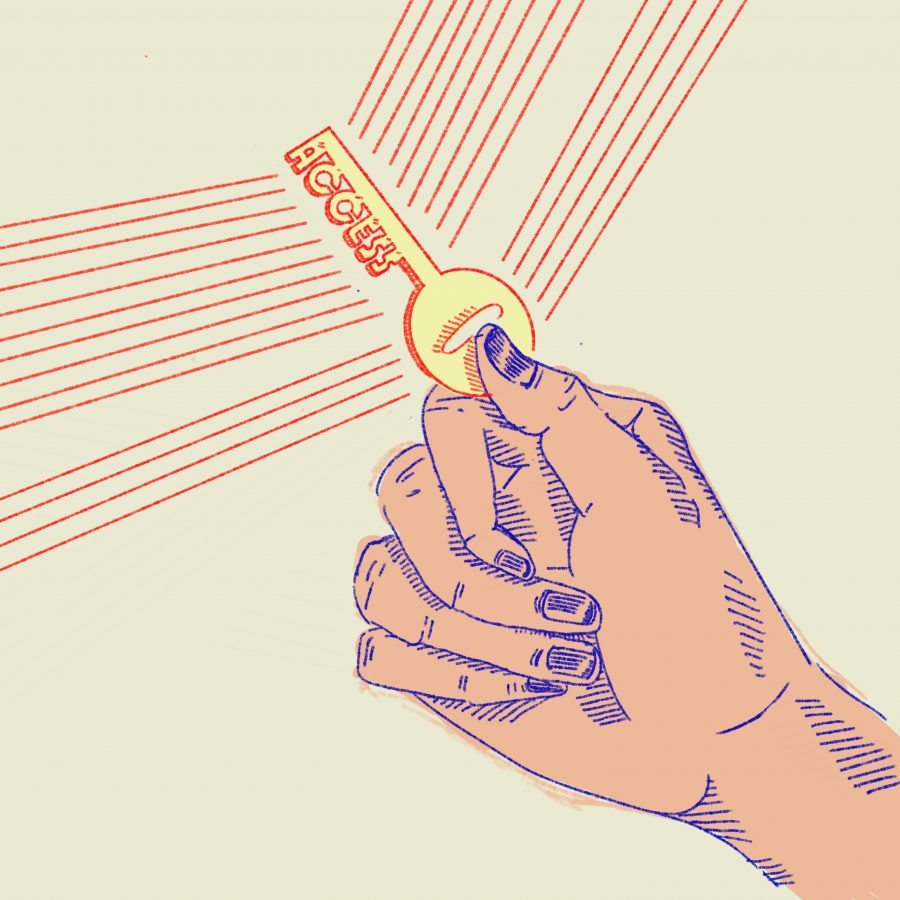Scooters did not exist in Austin a year ago, but now they are a part of life for many students on campus — whether they ride them or not. They crowd sidewalks and take up bike parking spaces on campus. They provide a lot of convenience for many students trying to get around UT’s sprawling campus, but they have also led to several injuries.
Fox 7 Austin reported last December that Dell Seton Medical Center, the closest general hospital near UT, sees as many as 10 scooter injuries a day. Last month, a UT student died when his Lime scooter collided with a car.
The only reports we hear about tend to be the most violent ones, so it’s hard to know the true extent of the scooters’ hazard. If a concerned student wants to know the official number of pedestrian, bicycle or car accidents in Austin over a period of time, all of that data is readily available online. But for scooter incidents? Nothing. Austin riders deserve to know the risks they take when they take any form of transit, and the city should move to make scooter accident data available.
The City of Austin has a great tool online that allows you to map out the number of scooter trips for any given area across the city, but this tool lacks information on accidents or injuries. The city was not available for response about safety data by the time of publication.
As I searched through Bird and Lime’s websites, I also could not find any data on scooter injuries or other relevant data. When asked over email if the company keeps track of scooter injuries, a Bird spokesperson simply stated the company’s efforts to promote safety, and Lime was not immediately available for comment.
Given the data on traffic incidents and scooter trips already available on the city’s website, though, it seems like it should be feasible for the city to manage data collection efforts for scooter accidents. The City must collaborate with hospitals and police to collect and publicize data related to scooter accidents.
Allie Runas, an electrical and computer engineering senior, was in a scooter accident that resulted in mild injuries. She supports increased transparency on scooter accident data.
“The more data that is available helps people make more informed decisions … I think everyone should have access to it,” she said.
The National Safety Council released a report in 2017 explaining how the underreporting of data related to car crashes makes it more difficult to develop effective strategies to prevent future accidents.
Scooter accidents in Austin are far less reported than car accidents — no official data is available at all. This makes it difficult for riders as well as city policymakers to evaluate the risks scooters pose.
The City is responsible for ensuring that residents can make informed decisions on their transportation options getting around town. Until the City prioritizes collecting and publishing this data for scooter accidents, they are failing to help riders make informed decisions about their safety in Austin.
Govil is a computer science and government senior from Austin.





















